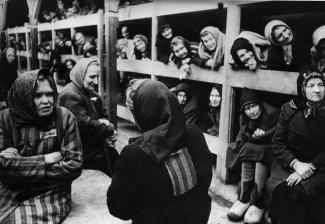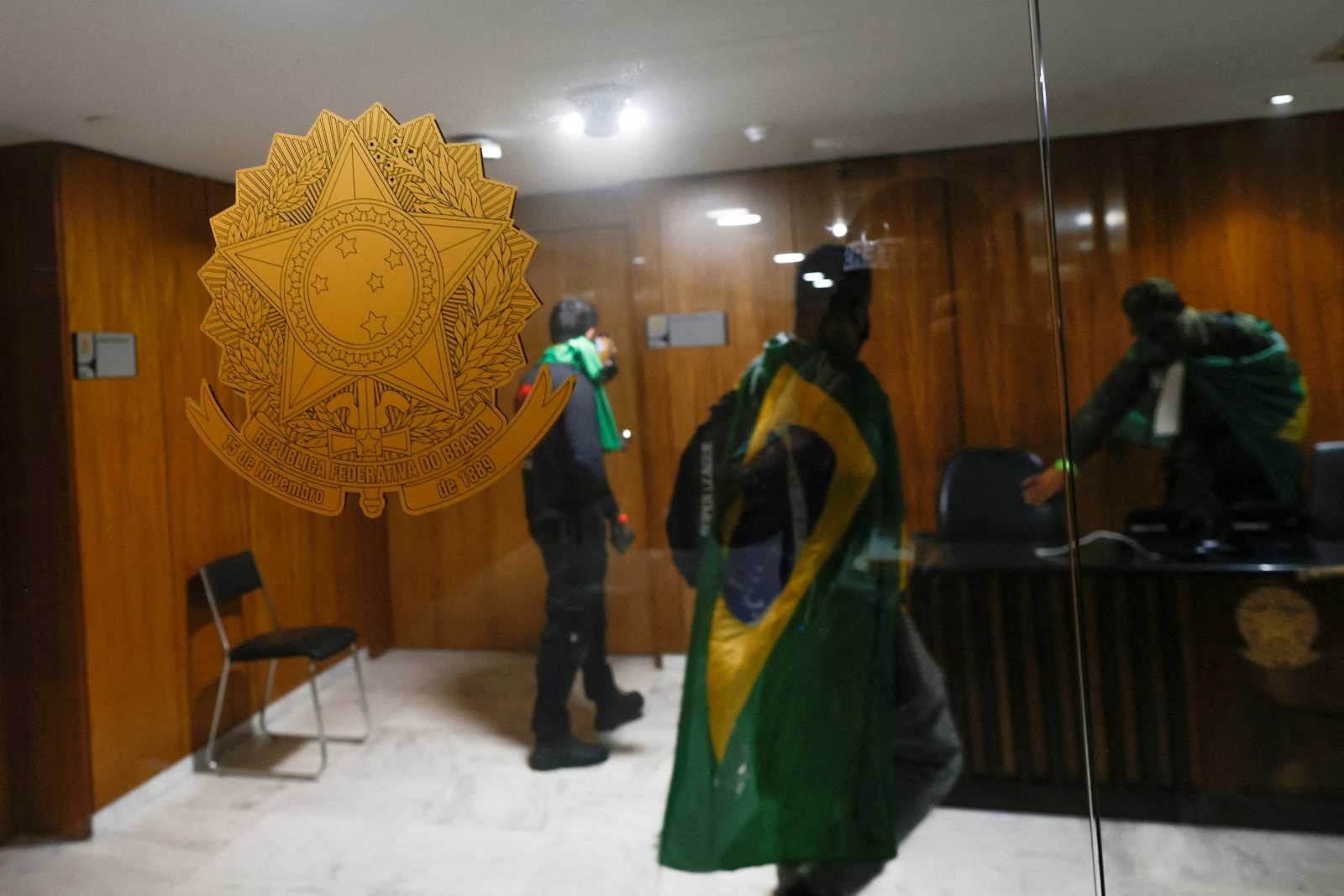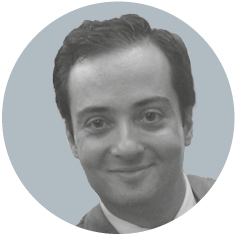Political theory
Fear and freedom

The onslaught of authoritarian populism on liberal democracy is evident in many countries and has led to heated media debate in recent years. As a public intellectual, Jan-Werner Müller, a German scholar who teaches political science at Princeton University, has been one of the most important contributors. In a new academic publication, he takes a close look at what makes liberal democracy worth defending.
The terms “liberal” and “liberalism” have a long history in political theorising. They mean different things to different people. In the USA and Canada, for example, liberals endorse social-protection systems and generally belong to the centre-left. In Australia, by contrast, the Liberal Party is the established conservative force, which under its current leader, Prime Minister Scott Morrison, looks ever more populist. It expresses xenophobia and denies climate science, for example.
“Populism”, of course, is another term that is not defined precisely in public debate.
In a previous book (2016) with the title “What is populism?”, Müller did a great job of defining the term (see Focus section in D+C/E+Z e-Paper 2017/02). It basically means that a political leader or party claims to represent the people directly, discredits the legitimacy of all other political forces, and agitates against what it calls an exploitative elite as well as abusive minorities. Typically, populists cast themselves in the role of victims, and once they rise to power, they do what they can to do away with any restraining checks and balances. In D+C/E+Z, we use Müller’s definition when we speak of “populism”.
His new book focuses on the various meanings of “liberalism” and rejects several of them. Müller does not endorse market radicalism, for example, which imposes strict discipline on anyone who must work for a living, but basically allows financially potent forces to do what they please. It is wrong to argue that only state agencies limit freedom, private-sector corporations can do so too.
Preventing cruelty
Müller argues that a just social order must protect the vulnerable from powerful forces’ cruelty, and that only a liberal democracy can do so systematically. This idea was first spelled out by Judith Shklar (1928 – 1992). She was a secular Jew from Eastern Europe who escaped the Nazi Holocaust and later became a Harvard professor of philosophy. Adopting her theory, Müller writes that the starting point for designing a fair social order is to pay attention to the victims of cruelty. He wants fear of cruelty to guide policymakers in ways to make that fear obsolete.
Müller does not pretend that every liberal democracy always lives up to this ideal, but insists that they can do so, while other political systems are plainly not even designed to serve that purpose. Self-declared majoritarian victimhood, the driving ideology of populists, for example, is geared to authoritarian governance and the hounding of minorities.
The book has so far only appeared in German, and Müller says an English version will be prepared, but he cannot say when at this point. The German title “Furcht und Freiheit” means “Fear and Freedom”. The message is important, but this essay is not easy to read because the author delves deeply into the history of political philosophy. He elaborates, for example,
- that France was once considered to set a liberal example (autocratic Napoleon introduced the Code Civil which did away with aristocrats’ privileges and defined business-facilitating individual rights),
- that prosperous elites historically preferred liberal democracy to unqualified democracy (because a stringent constitution would constrain the masses’ political desires) and
- that the liberal idea of equal opportunity only developed rather late and did not lead to consequential government-interventions in markets everywhere.
The vast panorama Müller paints of what has historically been considered to be “liberal” is fascinating. The book’s strong point is to ground the demand for liberal democracy in the overarching ethical imperative of preventing cruelty.
However, it does not offer diagnostics for what is currently happening around the world.
Climate change is only mentioned in passing, for example. Moreover, Müller does not deal with the oligarchic super elite that tends to promote populist nationalism. Its members include billionaires like the Koch brothers, Rupert Murdoch or the Mercers. These super rich people benefit from international opportunities, but resent regulation. It has been argued that this is precisely the reason they promote nationalism (see article in Monitor section of D+C/E+Z 2019/09).
The background is that regulation increasingly requires supranational cooperation and cannot be enforced by national governments acting on their own. In this context, the insistence on national sovereignty does not make governments more powerful. It reduces their scope for shaping the global order which, so far, has benefited oligarchs more than anyone else. Müller told D+C/E+Z that he is working on a new book that will tackle related questions – and it will first appear in English.
References
Müller, J.-W., 2019: Furcht und Freiheit – Für einen anderen Liberalismus. Berlin, Suhrkamp.
Müller, J.-W., 2016: What is populism? Philadelphia, University of Pennsylvania Press (in German: Was ist Populismus? Berlin, Suhrkamp).














